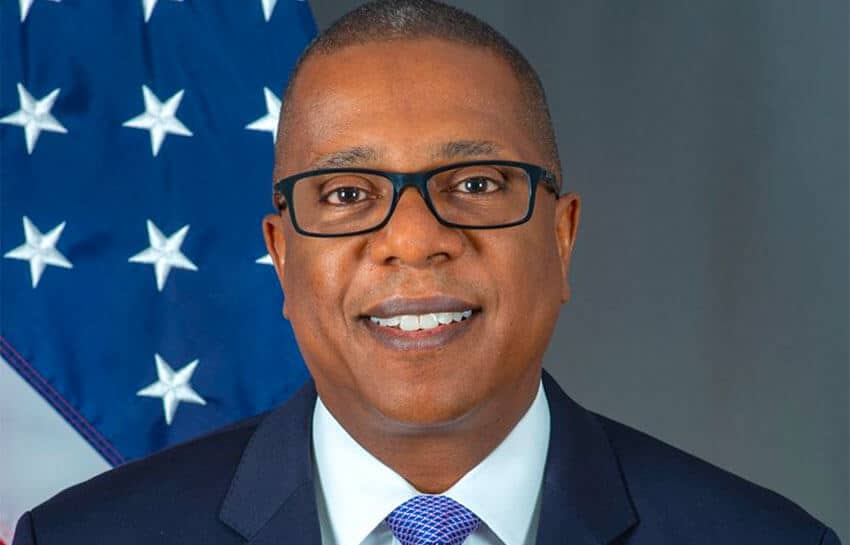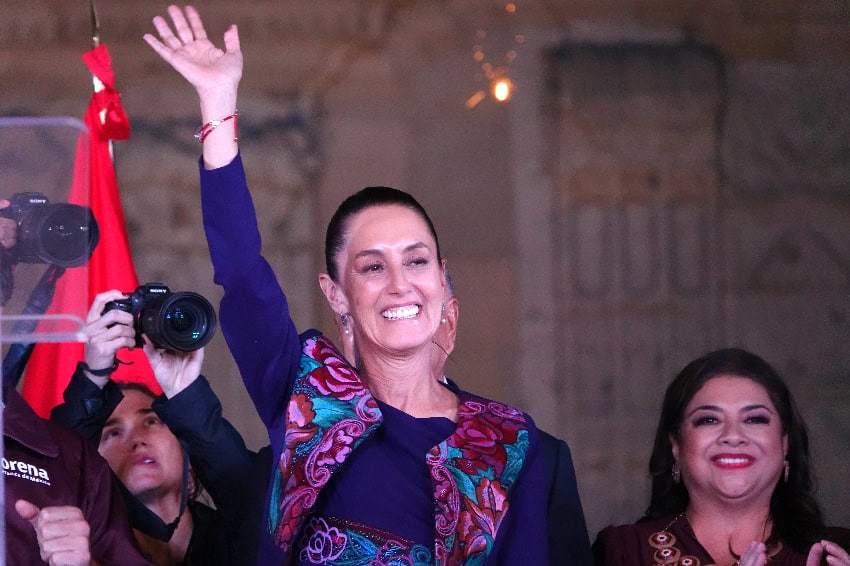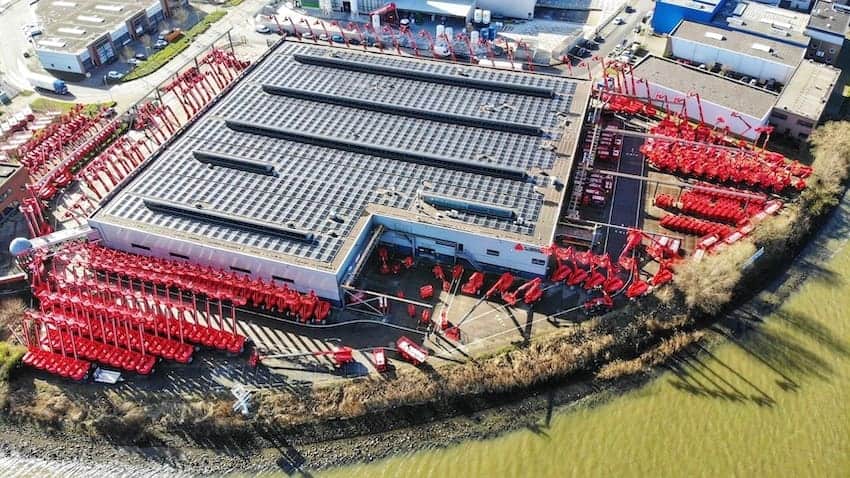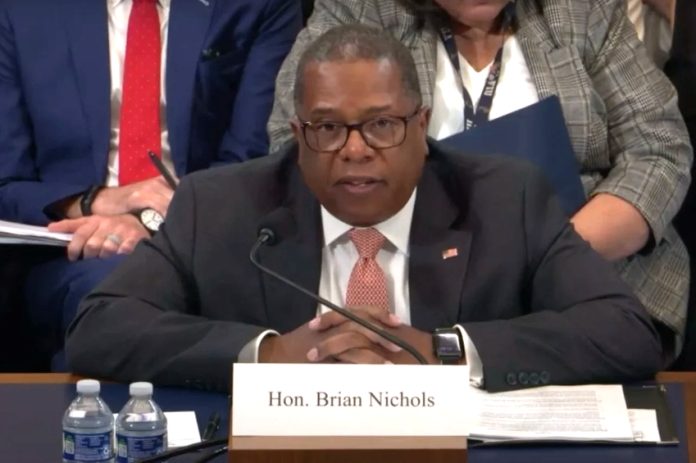A high-ranking United States Department of State official has emphasized the importance of “judicial transparency” for investors ahead of the possible approval of a controversial judicial reform in Mexico.
Brian Nichols, assistant secretary of state for Western Hemisphere affairs, was asked about President Andrés Manuel López Obrador’s proposed judicial reform during an appearance on Wednesday before the United States House Committee on Foreign Affairs.

“On Monday, President-elect [Claudia] Sheinbaum spoke about the AMLO proposed judicial overhaul that could upset the balance of power in Mexico and create market unrest. How do you anticipate that Mexico’s recent election and the proposed judicial changes will affect American treatment in Mexico?” asked Greg Stanton, a Democrat from Arizona.
Nichols first noted that Mexico is a sovereign country that has procedures it can use to change its legal framework.
He then said that “we believe that judicial transparency is vital for all investors, whether they’re domestic Mexican investors or international investors, particularly those from the United States and Canada as USMCA partners.”
Nichols also said that “whatever the future legal regime is in Mexico,” the United States “will continue to insist” that “all the signatories to the USMCA respect the protection of foreign investment provisions in that agreement.”

Sheinbaum said Monday that there would be “broad consultation” before the judicial reform proposal is considered by Mexico’s new Congress, in which the ruling Morena party and its allies will be in a strong position to approve a range of constitutional changes proposed by López Obrador.
On Tuesday, she said that investors in Mexico have “nothing to worry about” as she sought to allay concerns about the proposed judicial reform.
A key aim of the proposal is to allow citizens to elect Supreme Court justices from candidates nominated by the sitting president, the Congress and sitting Supreme Court justices themselves.
Among its other objectives are to reduce the number of Supreme Court justices from 11 to nine, to shorten their terms from 15 years to 12, and to cap their maximum permitted salary at the same level as that earned by the president.
Critics say that the plan, as well as some of the other constitutional reform proposals AMLO submitted to Congress in February, will reduce the checks and balances on executive power in Mexico.
The Mexican peso has depreciated significantly against the US dollar due to concerns over the likelihood of Congress approving the judicial reform and other constitutional changes once recently-elected lawmakers assume their positions in September.
Nearshoring challenges
Stanton also spoke about the opportunities for Western Hemisphere nations generated by the growing nearshoring trend, and specifically asked Nichols about how the United States will go about encouraging Sheinbaum to address barriers to foreign investment in Mexico.

“Mexico has lots of work to do to address nearshoring challenges. It needs to open up its energy policy and rein in the cartels,” the lawmaker said.
“How should the United States encourage President-elect Sheinbaum to tackle such obstacles to nearshoring investment?” Stanton asked.
After noting that Sheinbaum is a scientist — she was a member of a United Nations panel of climate scientists that was awarded a Nobel Peace Prize in 2007 — Nichols said that he believed that “demonstrating to her with the hard facts the importance of these issues and laying out the scientific case will be compelling for her.”
The president-elect has previously said that the nearshoring phenomenon will help drive significant growth in Mexico in the next six-year period of government.
Earlier this week, she expressed confidence that foreign companies will continue to relocate to Mexico because the rule of law will continue to be respected, the economy is strong and the government will always be open to dialogue.
“The important thing to know for those who are going to invest in Mexico is that there is investment certainty in our country, there is social and political stability,” Sheinbaum said.
With reports from El Financiero and Expansión Política
